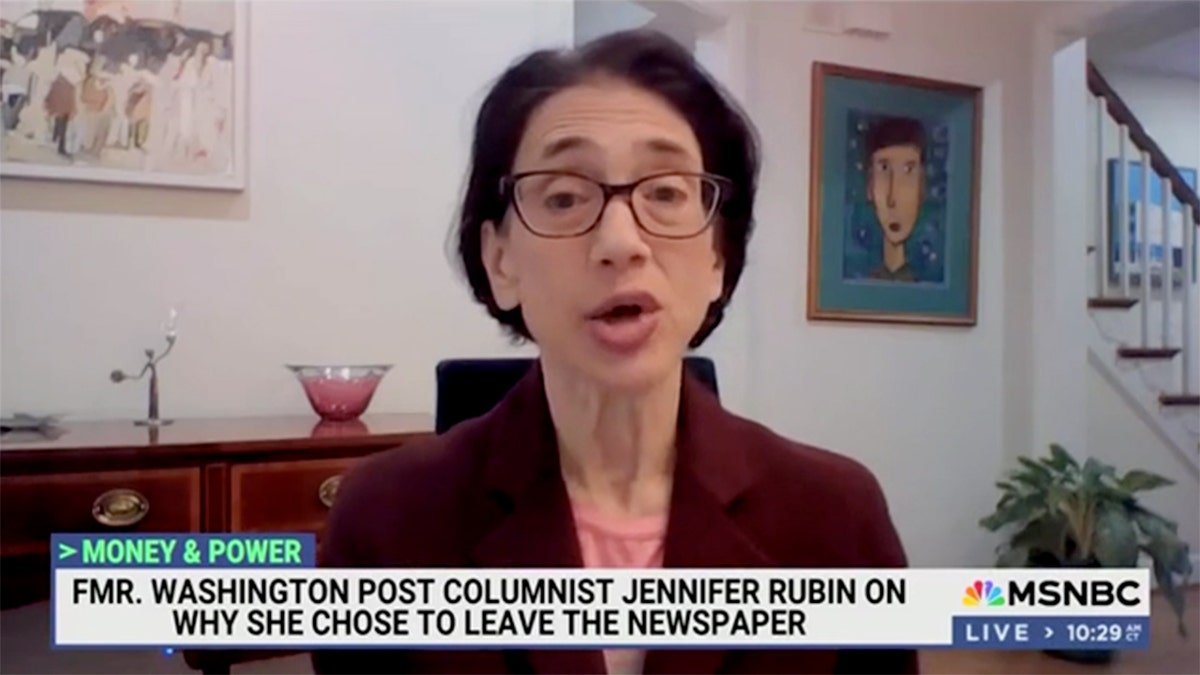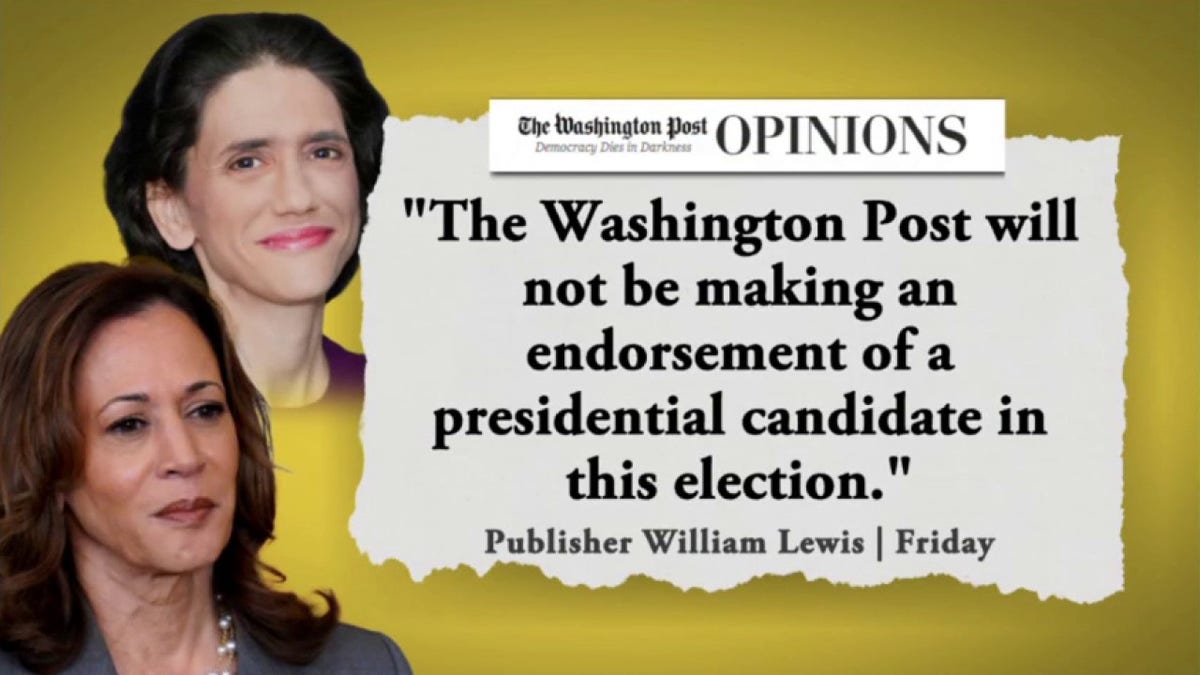Former Washington Post columnist Jennifer Rubin sharply criticized her former employer during an MSNBC appearance, accusing the newspaper of attempting to appease President Donald Trump. Rubin expressed concern over what she perceived as the Post's reluctance to challenge the former president, citing the paper's decision not to endorse Vice President Kamala Harris in the 2024 election as an example. She also criticized billionaire owners of media outlets for what she viewed as prioritizing their business interests over journalistic integrity.
Rubin, who previously identified as conservative but shifted her stance during Trump's presidency, recently left the Washington Post following owner Jeff Bezos's intervention in the editorial board's endorsement process. She drew parallels between the Post's actions and those of the Los Angeles Times, another publication owned by a billionaire, which also declined to endorse Harris. Rubin argued that such behavior undermines the role of a free press, emphasizing that media outlets have a responsibility to the public rather than to powerful figures like Trump.

Rubin further cited the case of Paul Krugman, a Nobel laureate and former New York Times columnist, who recently claimed he was being pressured to write less and subjected to increased editorial oversight. She argued that such instances of alleged censorship are detrimental to journalism and embolden authoritarian tendencies. Rubin's departure from the Post coincided with the exit of several other prominent staffers, including reporters and columnists.

Rubin has since launched a new media venture with CNN legal analyst Norm Eisen, which she describes as "overtly pro-democracy." In her statement regarding her departure from the Washington Post, she expressed disappointment with the paper's performance, stating that it had "failed spectacularly" in its duty to uphold a robust and independent press. She criticized corporate media ownership for what she believes is a betrayal of public trust and a compromise of journalistic principles.
Comments(0)
Top Comments